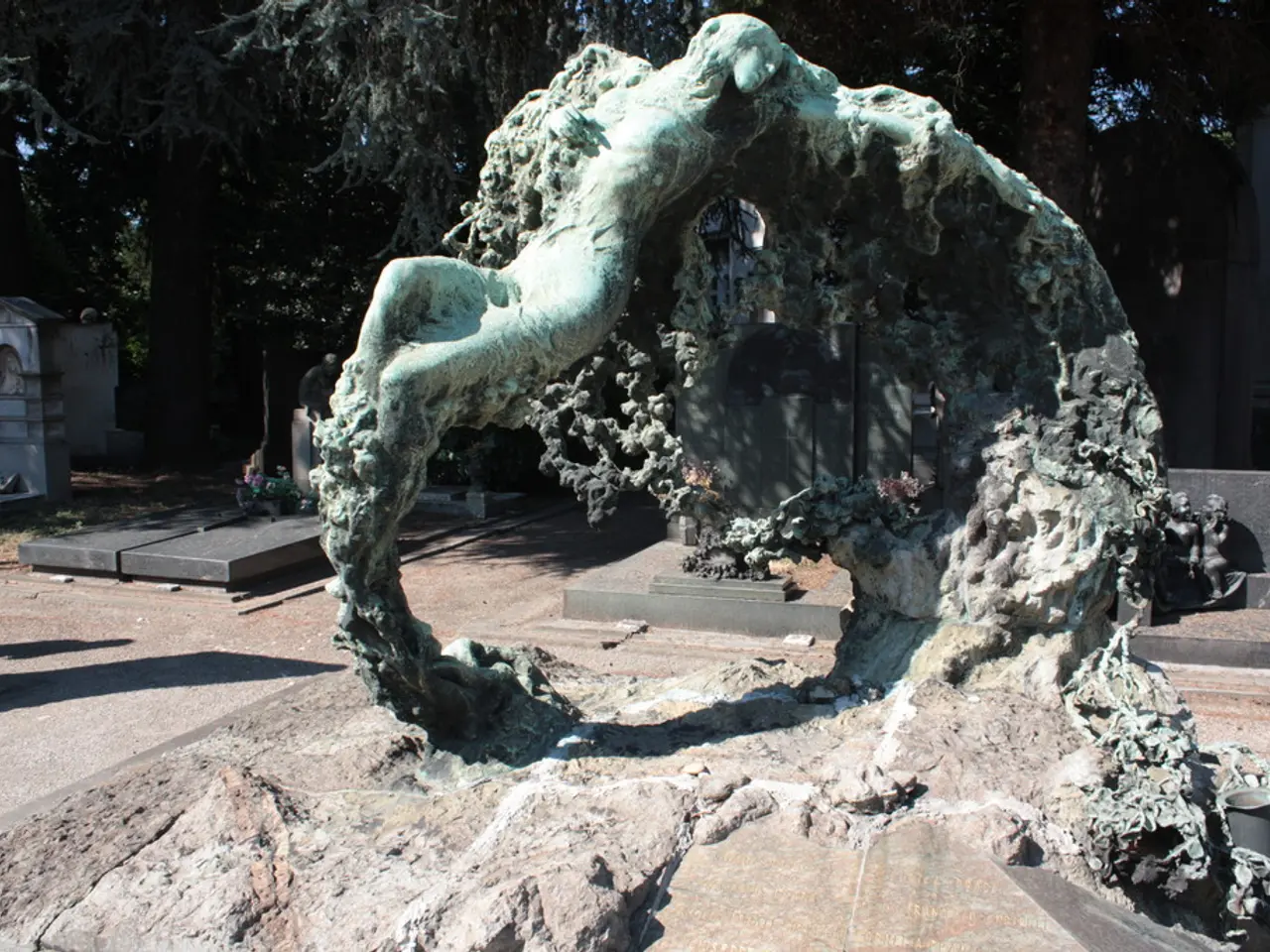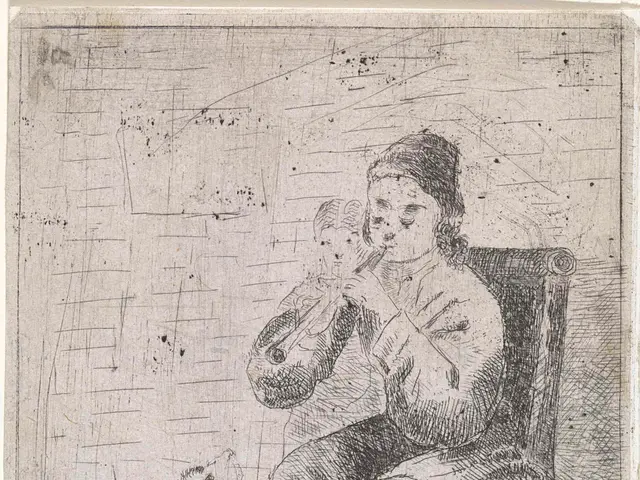"Urn to go" - Symbol of Freedom or Cultural Shift? - Rhineland-Palatinate's New Burial Law Offers Flexibility, Raises Concerns
Rhineland-Palatinate has introduced a new burial news, effective from October 2025, offering greater flexibility in funeral arrangements. The news, passed on September 11 amidst political division, allows urns to be kept at home and ashes scattered in private gardens, provided the deceased wished for it. It also introduces river burials and cloth burials as regular options.
The news came into force on September 27, marking a significant relaxation of previous rules. It aims to respect personal and familial preferences, reflecting societal changes. Church president Dorothee Wüst welcomes the news but warns of increasing privatization of grief. Bishop Peter Kohlgraf shares similar concerns about societal responsibility.
The news also provides new regulations for the burial of so-called star children. It opens up new business fields for funeral directors but Hubing argues it does a disservice to public mourning culture. Hermann Hubing, managing director of the state guild association, opposes the news, criticizing the legislative procedure and certain contents. Frank Steinmann, a fish ecologist, sees no acute toxicological risks from cremated remains but warns of potential long-term effects and the need for further research.
The news allows cloth burials as a regular form, previously only allowed for religious reasons. While considered the most liberal in Germany, it is not without controversy. Water burials, for instance, raise questions about potential pollution of waters with cremated remains.
The new Rhineland-Palatinate burial news offers more flexibility in funeral arrangements, reflecting changing societal norms. However, it also raises concerns about privatization of grief, potential environmental impacts, and the future of public mourning culture. Despite opposition, the news came into force on September 27, marking a significant shift in burial practices.








